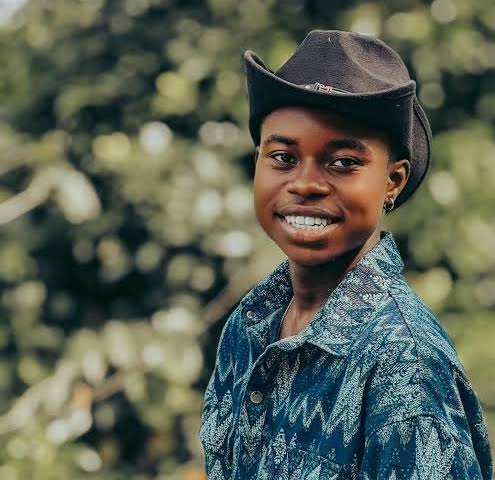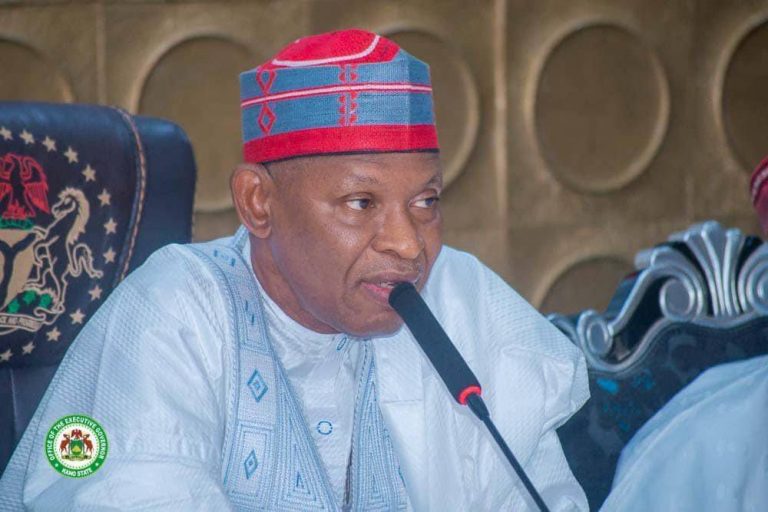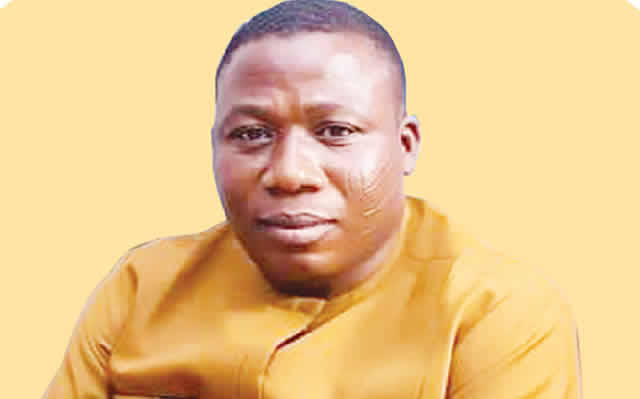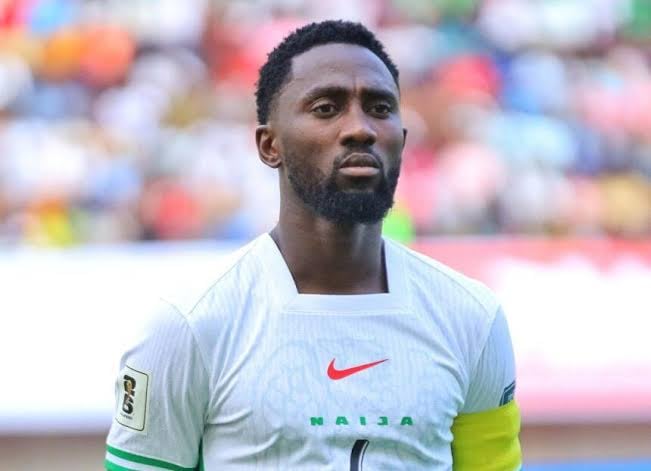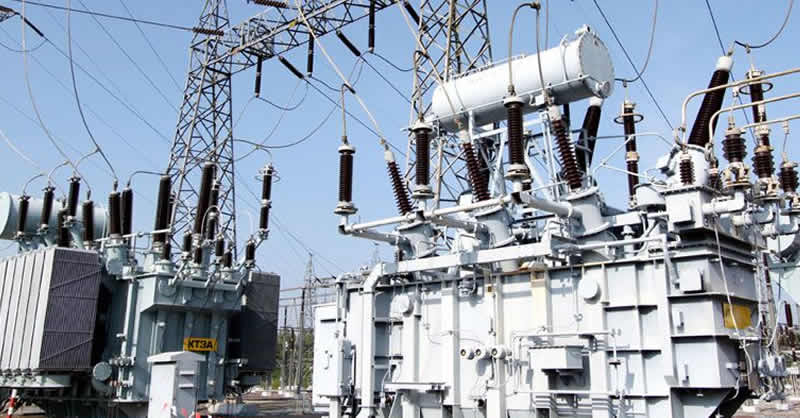Nigeria’s general election, the largest democratic exercise in Africa, begins on 25 February. All the parties and candidates are jostling to get the voters’ attention and convince them to vote for them in the elections. The wait is palpitating, and the electioneering campaign drama is thus far exhilarating. Everything but issues facing Nigerians is fair game and the political satire playing out even keeps the unapologetic patriot ashamed of our political process. Conventions and rules of the political games are written and broken with recklessness. Many parties’ political strategy seems to be “no strategy”. They seem to go with the flow of things with such fetish adherence to parochial and sentimental politics that is not based on decorum and pragmatic attempt to stabilise our country and put it on the growth path.
This make-or-mar election promises to be a referendum on the political orthodoxy and will chart the way forward for Nigeria in the new epoch. The seeming awakening of the youths, especially in major urban areas, for political participation, if appropriately harnessed, will reshape the political map of Nigeria. For this to succeed, there are unwritten rules and conventions embedded in the electoral process that shapes the context and outcome. Here are five unwritten rules you need to know about this election.
The first rule is that voters must be ready to be patient as the process may be cumbersome. The 2023 election will be the first time INEC will be deploying BVAS on a national scale. Like everything novel technology, it would come with challenges. Previous experience has shown that even passionate voters are easily discouraged when long queues appear or machines malfunction. In the past, long queues in elections had forced some officials to extend voting hours to accommodate the crowd. But that helps only voters who can stick around for hours. However, long waiting time discourages people from voting.
This is even worse when the weather is unfavourable – either the sun’s scorching heat is unbearable, or the heavy downpour of the rain soaks the voters. These in-climate conditions test even the most trusted and passionate voter. The reasons for long lines during voting include logistical nightmares that lead to voting starting late, poor staffing, untrained staff, and technical malfunctioning. INEC must anticipate these problems and have solutions before election day. Adequate preparation for the election will minimise most of these contingencies and alleviate long queues and waiting times during voting. However, when long lines and waiting times are inevitable, voters must develop the patience to do whatever it takes to vote and protect their voters. They are responsible for voting and supporting INEC to conduct a free and credible election in Nigeria.
The second rule is that voters are easily confused about choice of candidate versus choice of party . The 2023 general election is gearing to be such that voters may not vote according to party lines but according to the candidates fielded for the election. It is becoming more apparent in most places, that a voter may vote for a candidate in one party for the presidency, vote for another candidate in another party for the governorship and vote for another candidate in another party for the national and state assemblies. A recent African Polling Institute poll confirms that citizens are increasingly not fixated on voting along party lines but on specific candidates for the elections, though there are exceptions to this in some regions.
If this is anything to go by, many illiterate and semi-literate voters may need clarification and enlightenment . Political parties need to do more about voter education, and they ought to take responsibility for voter education. Parties must strive to teach their supporters what their emblems are so that when a voter is in the polling booth to vote, he will remember the party emblem of the candidate of his choice.
Any confusion on this creates more delays and sometimes leads to wrong candidates getting votes not intended for them. This anomaly underscores the importance of voter education by the parties, especially among rural dwellers who may need more exposure to information about candidates and parties before elections. Little wonder parties with excellent grassroots mobilisation systems tend to do better in rural communities where they educate their supporters to vote anywhere, they see the party emblem in the voting paper, thereby creating a bandwagon-winning effect for candidates of popular parties.
The third unwritten rule is that polling booths attract activities of party agents, voters, INEC officials and sometimes security officers and end up being spark plug for violence . People are emotional and often prone to being argumentative and restive. Arguments at polling booths always end in violence, so avoid it. In our polarised, frayed-nerves society, there’s a severe possibility that people blow minor issues out of proportion and cast them in sinister terms. Nigerians , according to Erin Meyer, in her book, Culture Map, are aggressive, confrontational in disagreement, and do not trust others.
A recent study showed that most electoral violence starts with minor quarrels. Electoral violence has taken some Nigerians’ lives, and this is a menace that must stop. The 2023 election is not worth the life of any Nigerian. In a country where life is worth less and people are ever ready to intimidate, dominate and eliminate others with impunity and little or no consequences, we must avoid any situation that will lead to violence. Avoiding arguments is the first step in that direction. In a past election incident, two of our citizens lost their lives because of a dispute at the polling vicinity. This is unfortunate, and we must avoid it in the upcoming elections.
Related to this is the fact that there is increased burden on security agencies more than in previous elections to maintain neutrality .
The fourth unfortunate unwritten rule is that party operatives will do everything they can to undermine, rig or even disrupt the election for their selfish reasons. The more INEC comes up with new processes and technology to avert vote rigging, the more party operatives hellbent on rigging the election innovate to get other means of succeeding in influencing the electoral outcome. The creativity of election riggers in Nigeria is mind-boggling, and if such creativity is harnessed for better productive ends, Nigeria will benefit significantly from that.
For the 2023 general election, where INEC has improved on the use of technology to reduce or eliminate election rigging, party operatives are resorting to voter inducement and vote buying to influence the outcomes of elections. A new public opinion poll conducted by NOI polls has revealed that 26 per cent of registered voters would be willing to sell their votes for monetary or material gains during the 2023 general election. According to the report titled “Vote-Buying Poll’ released on Monday, 26 per cent translates to about 7.3 million votes which are enough to boost any candidate’s chances of winning.
Almost all parties acknowledge the biting poverty in the land. Parties, through their operatives, will try to buy votes. Party agents will lurk around polling stations and try to financially induce voters to vote for their candidates and parties. There is reason to suspect that despite all the explanations offered by Central Bank for limiting cash withdrawal to N20,000 a day, the main reason is to curb vote buying during the upcoming election. Nigerian rural-based voters and monetary inducement are inseparable. With Thumb printing ballot papers and snatching ballot boxes not looking feasible, vote buying is now the mainstay of parties’ strategies. Politicians start with a mindset cast in stone that only a better rigger wins elections and not the popular vote.
The last unwritten rule for the 2023 general election is that Parties and candidates should prepare for judicial adjudication, as Nigerians hardly accept the election result. The recent judicial pronouncement against the Osun state governor by the tribunal in the recent gubernatorial election is a case in point. I must point out here that the courts need to adjudicate in clear cases of improprieties during elections and render justice where it is deserved, but the tendencies of politicians trying desperately to use the court to decide electoral victories leave a sour taste in the mouth for democracy lovers.
After every election in Nigeria, the number of electoral cases instituted is mind-boggling. The majority of candidates that lose the election will go to court. The implication is that electoral results do not confer the outcomes of elections; instead, the courts do. The uncertainties that these impacts on the governance system are alarming. Newly elected candidates do not, from the unset, start working for the people; instead, they are bogged down with election petition issues until the case ends in court, often, the supreme court.
Although the unwritten rules of the 2023 elections covered here are not exhaustive, these five pointed out in this review are just representations of the many unwritten rules that will directly or indirectly impinge on the electoral success of the forthcoming elections.
I implore all stakeholders to critically evaluate these rules and some of the issues raised with the view of improving the election experience and outcome for Nigerians. Prevention is better than cure and to be forewarned is to be forearmed. We must continue to strengthen our democracy and usher in, after the election, a group of leaders that genuinely reflect the electorate’s choice to move our nation forward. The task at hand is enormous. This election is just the genesis of the process to start fixing Nigeria. The emerging leaders will stir the Nigerian ship for the next four years. Our future is in their hands. Therefore, we must vote wisely based on our conscience and conviction. The litmus test to evaluate a candidate for voting is “do I trust this candidate enough to put my future and that of my children in his hands”? Allow the answer to this question to guide your choice of candidate to vote for in this election.
Advertisement


